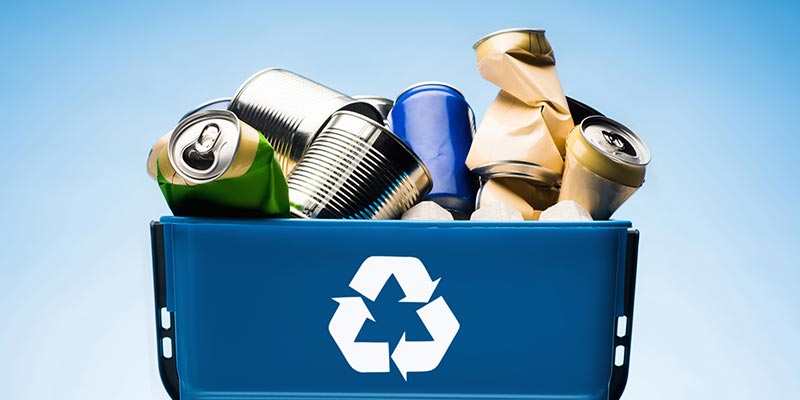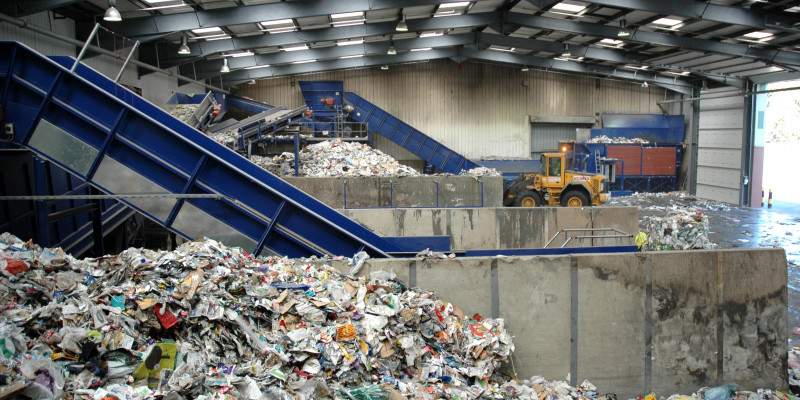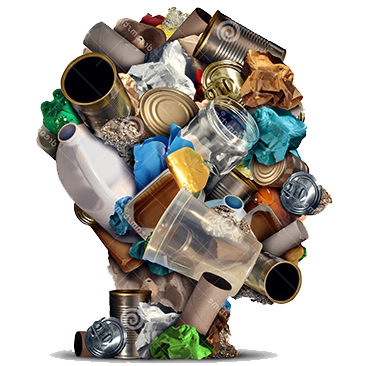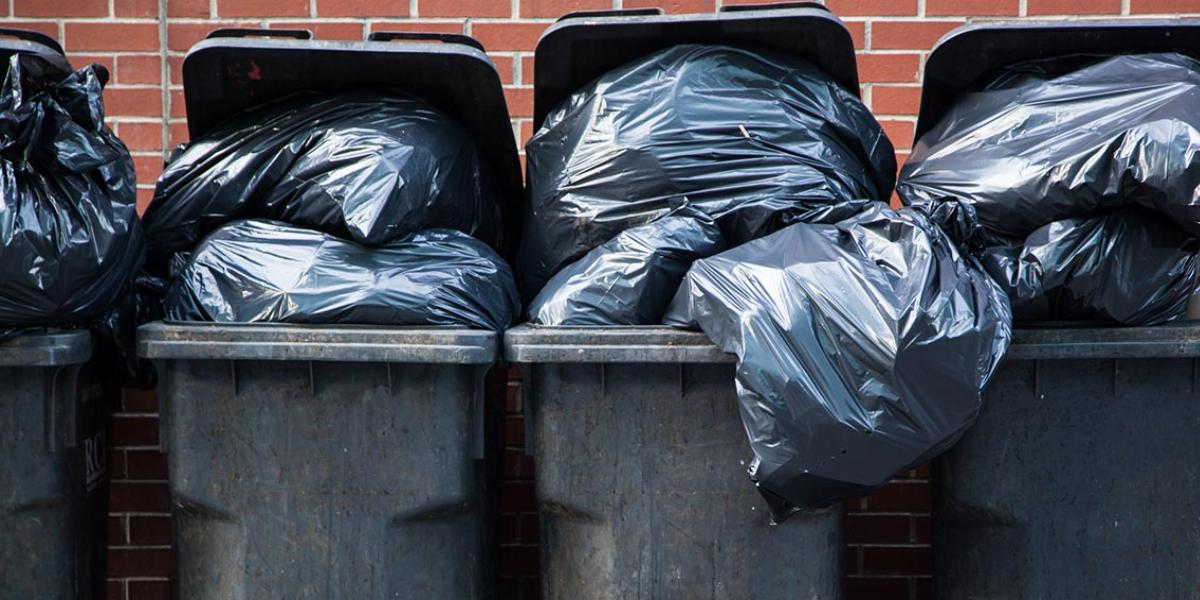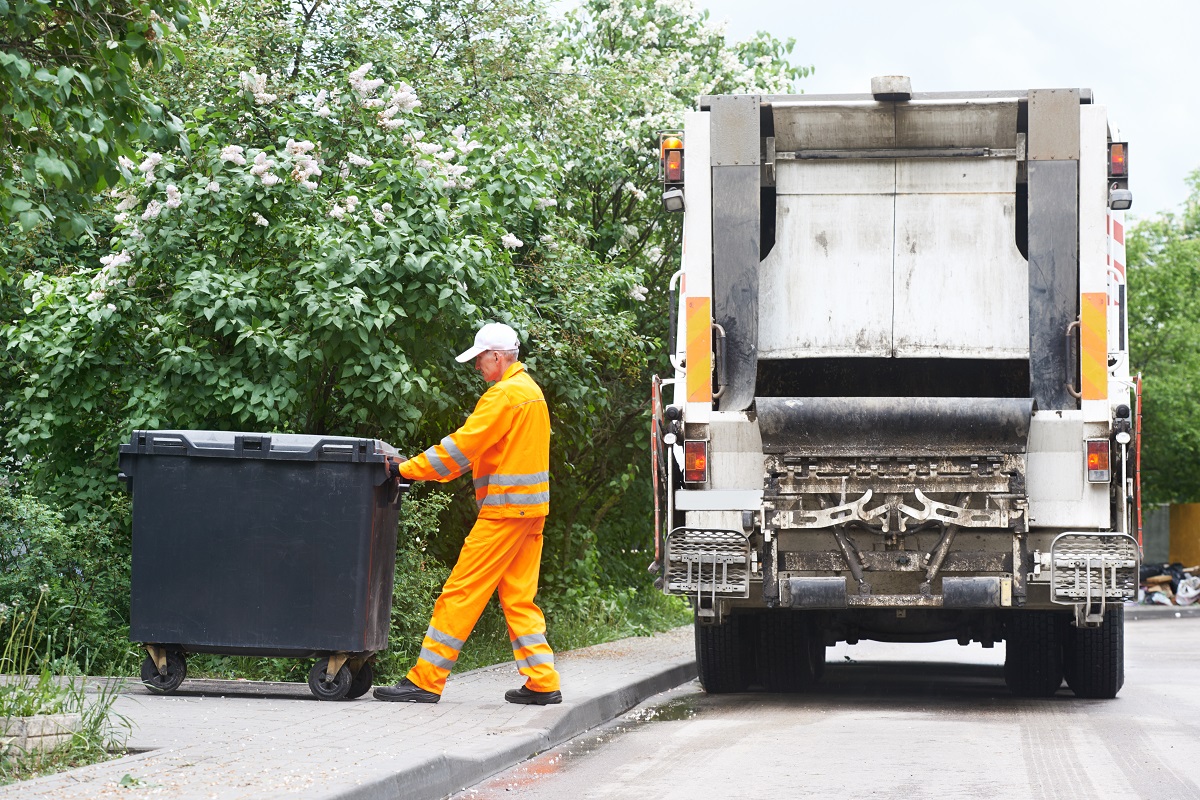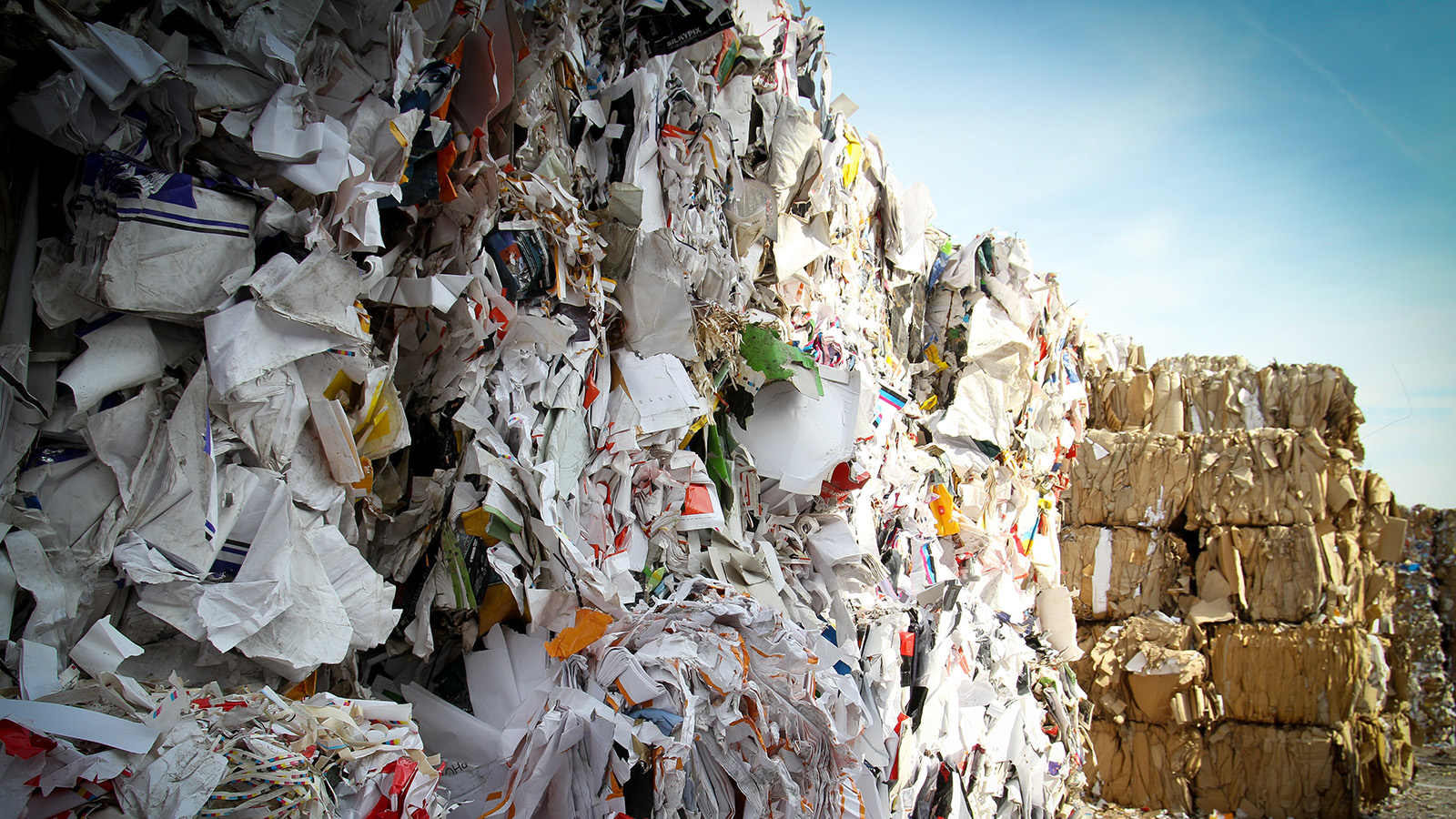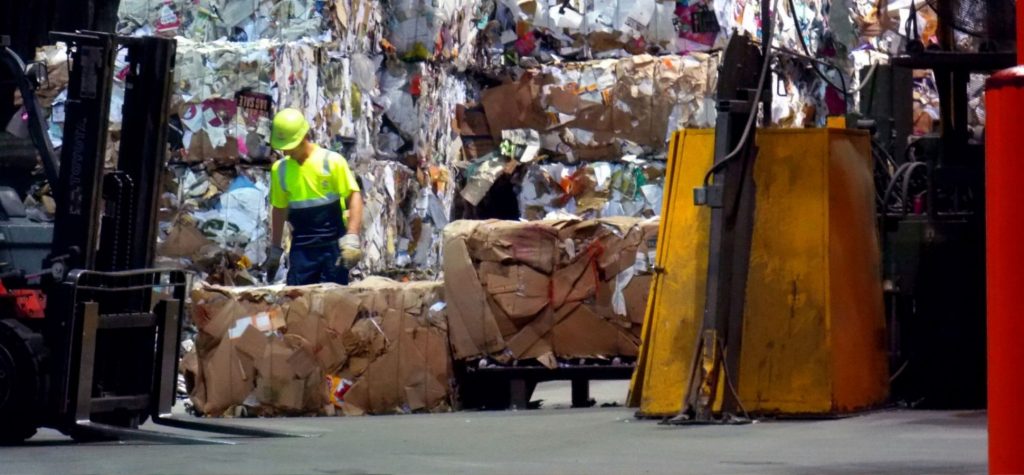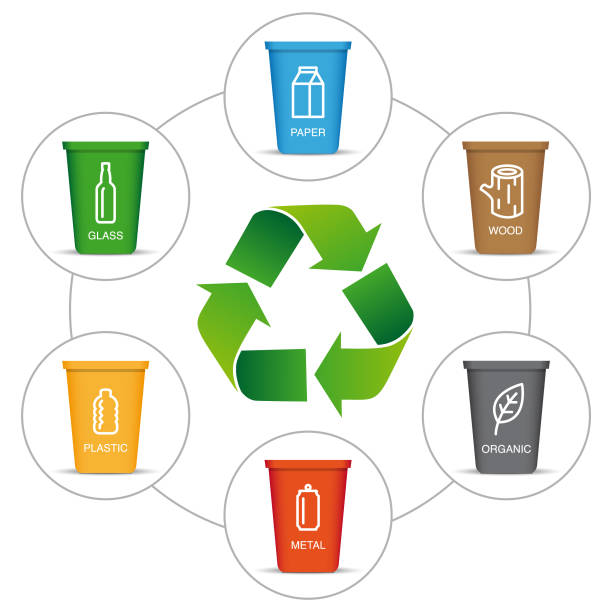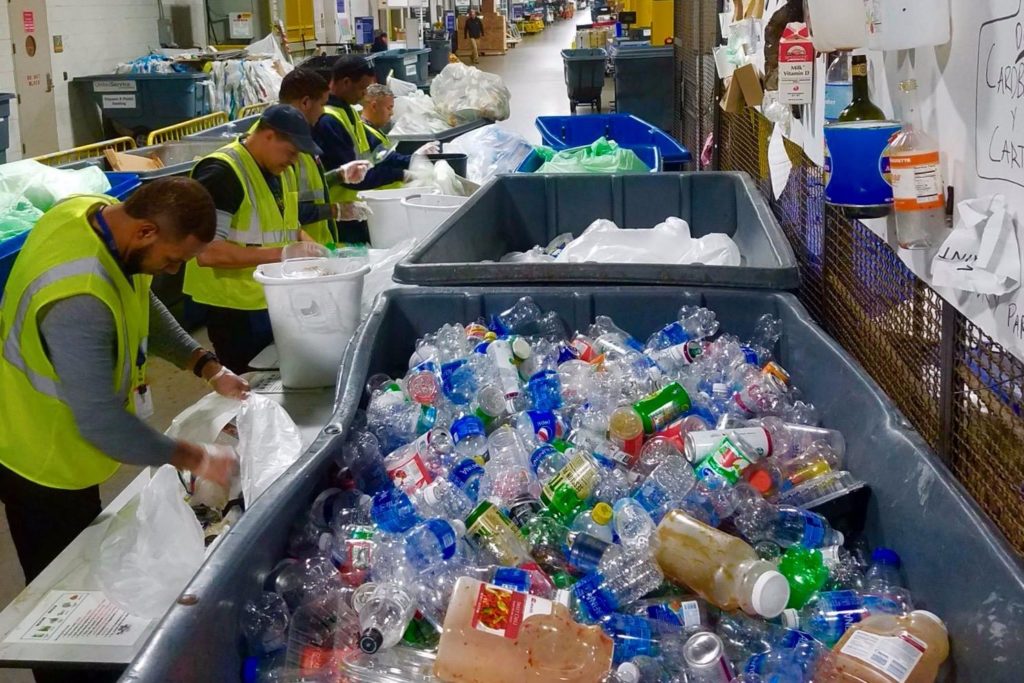Waste Auditing’s Importance
In order to get started, conduct a waste audit. A professional waste auditor can help you evaluate your current waste management practices, existing contracts, and future plans by performing an in-depth analysis of your recycling and waste management practices.
You’ll learn how much money you’re wasting on waste management if you have a third-party audit done. You’ll also see where you can cut costs. You may be able to decrease your overall waste expenses by 35 to 40 percent based on what you learn and how you apply it.
Cutting Down On Waste
The first thing you should do is reduce the amounts of waste you generate. Your waste management company may be charging you in part based on the amount of waste you generate. Charges for every waste container used & verages could be a result of this. A more sustainable and environmentally friendly business model can be implemented even if volume isn’t an issue.
The Practice Of Composting
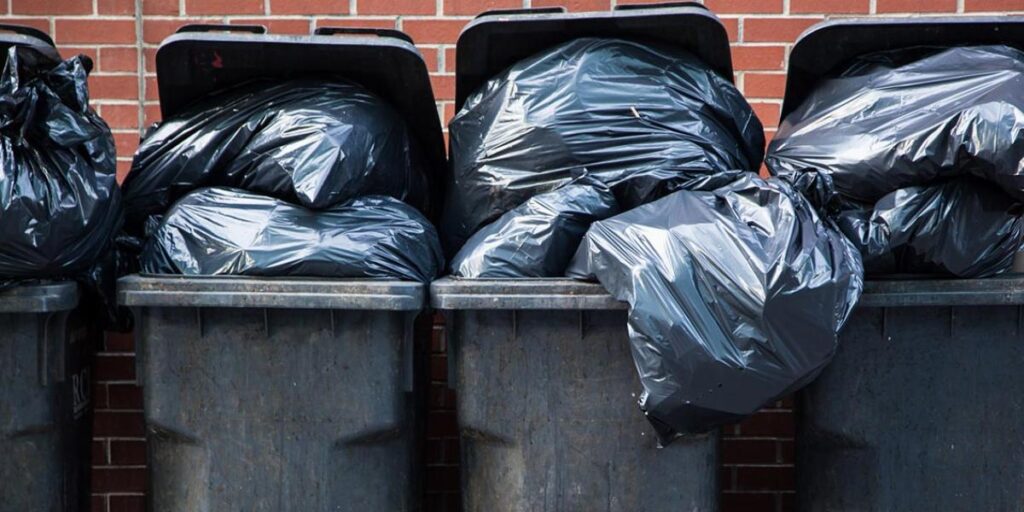
Businesses, in particular, have begun to embrace the practice of composting in recent years. You may want to consider composting any organic waste that your business generates. As well as providing a convenient means of disposing organic waste, it can also improve the quality of the soil in your neighborhood.
Reuse And Recyclability
It’s a no-brainer to recycle. Even though you’ll have to charge for recycling service like you do for other waste management options, it is a more environmentally friendly option. Assist in educating your staff on what materials can and cannot be recycled, and make recycling bins readily available throughout your company.
In Addition To The Packaging,
Your main product, supplies, & shipments will also have packaging included in them. This wasteful practice of using too many boxes and containers is a sure way to quickly increase the quantity of trash you generate for each product. Disposable products such as bottled water should be eliminated from your diet entirely.
Moving To A Paperless Office
You may also want to think about going paperless in your company. It’s difficult to go paperless, especially if you have a long history of paper records & processes that have slowed you down. You’ll never need to go back once you’ve made the switch. Implementing new procedures and policies, such as sending invoices via email only or only accepting electronic funds transfers, should be your first step. The amount of paper you use will be drastically reduced in an instant.
Reducing The Costs Associated With Waste
Even if you implement these waste reduction strategies, your company will still generate waste and incur costs as a result. If you pay close attention to the following areas, you can save money on these services:
Extra Charges
What do you get for your money? Many times, your waste management company will itemize your bill with a variety of fees, but do you know what they mean? Overage fees, for example, may apply if you generate more waste than is permitted. Fuel, maintenance fees, franchise costs, environmental costs, regulation-related fees, removal and contamination fees are all examples of additional costs that may be incurred. What options do you have for lowering or eliminating these additional costs? What exactly do they deal with?
Additional Gear
As well, you may be overstocking on waste removal equipment, such as too many bins. You can expect to pay a higher price if your items are larger or more numerous. It’s a waste of money if you’re not going to use these.

